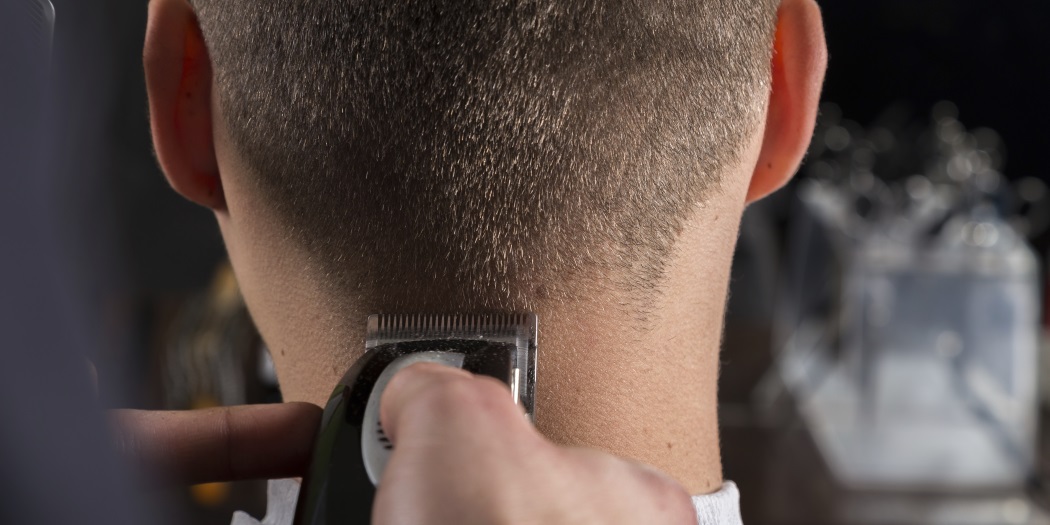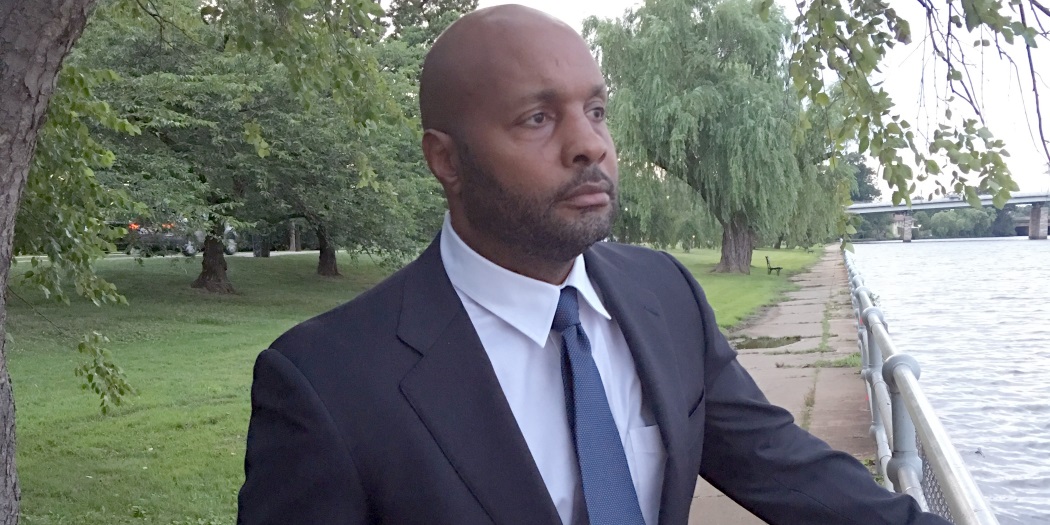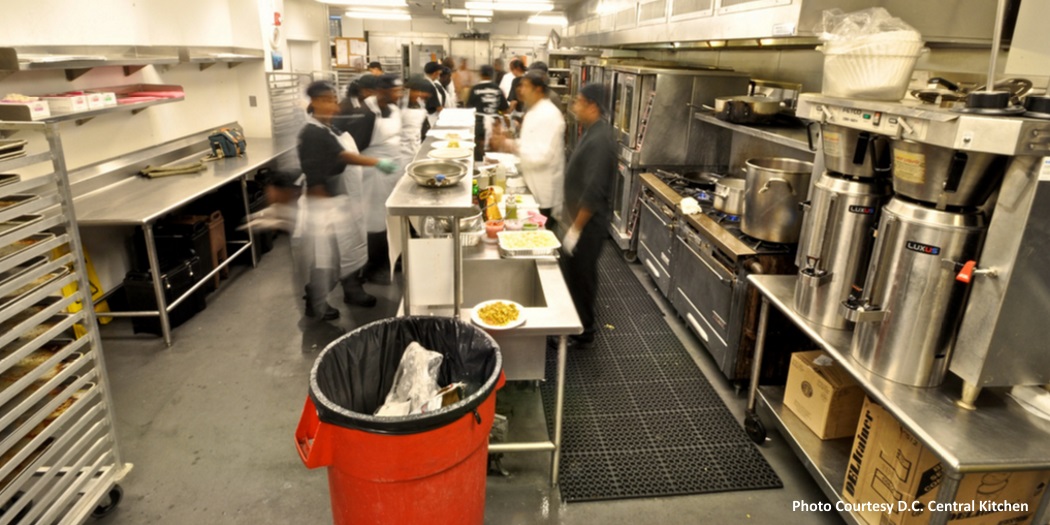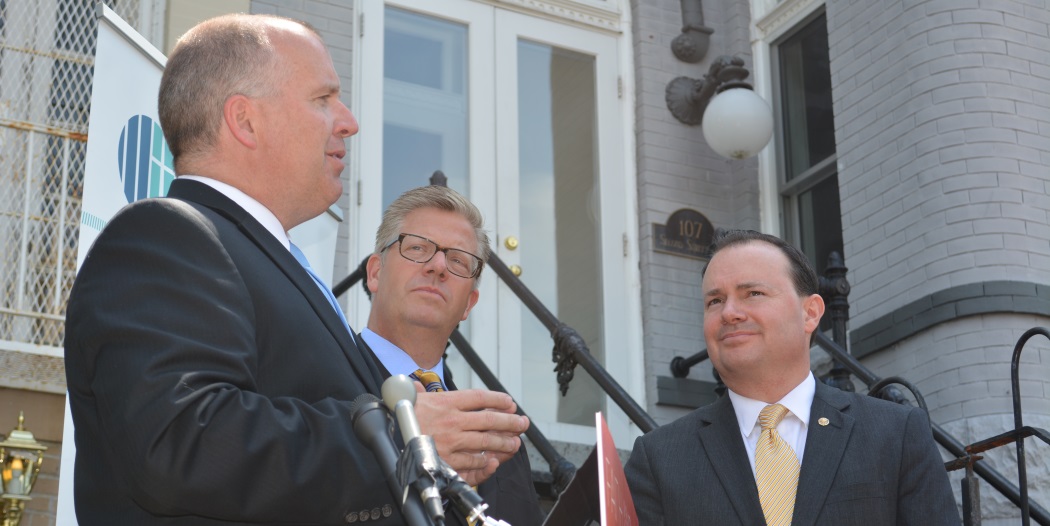
Andre Lyons is a popular man at the Correctional Treatment Facility in Washington, DC. Once a month (or occasionally more frequently, if needed to calm rising tensions), Lyons enters the confinement unit, clippers in hand, to provide haircuts for the men in “the hole.”



